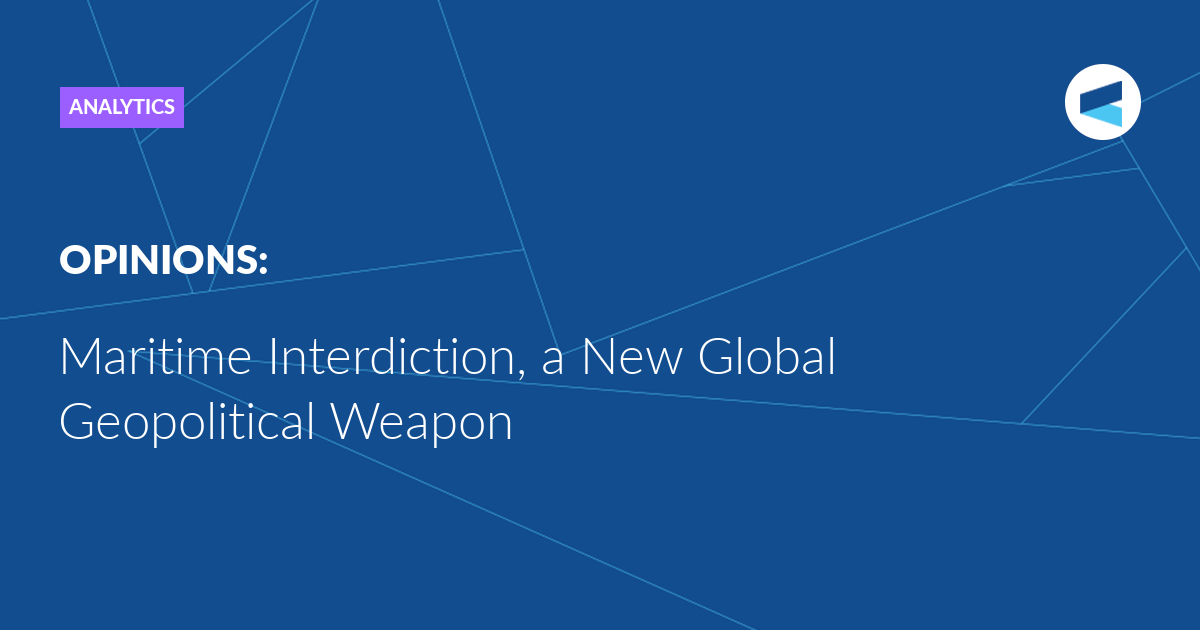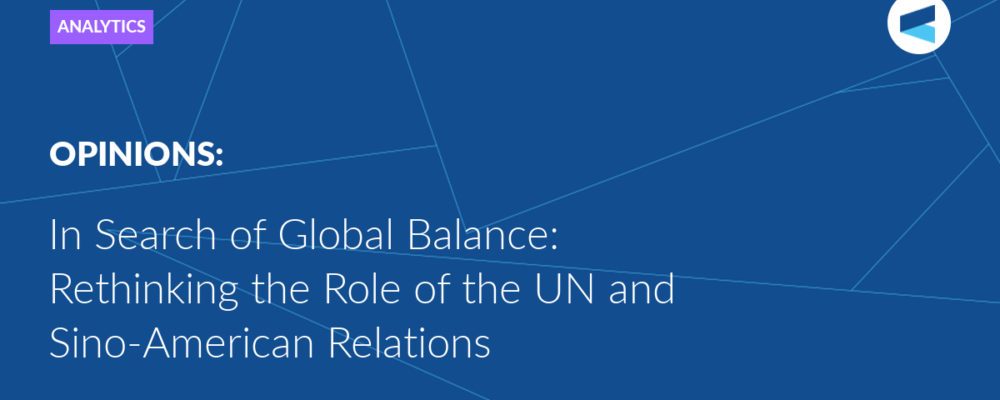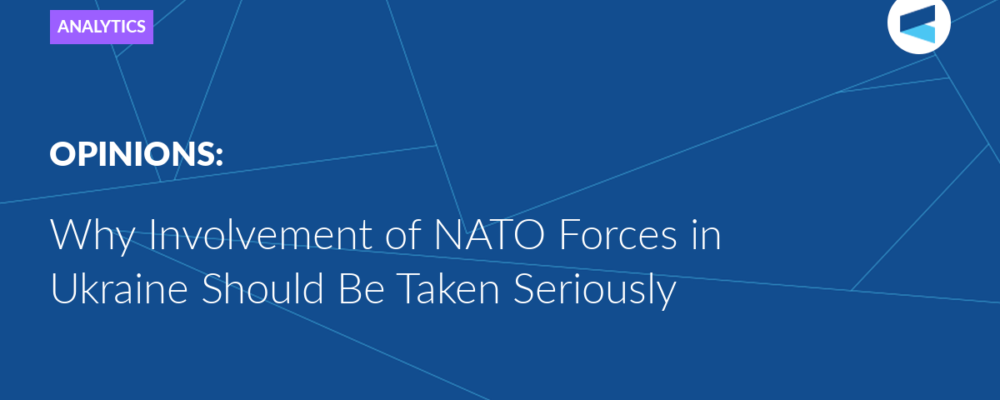Since time immemorial, the sea has been a contested arena for state and non-state actors, for the passage of valuable goods and the control of traffic. Traditionally, the straits have been the focus of attention.
On March 23, 2021, in the midst of the COVID pandemic, the world had its first experience with an accidental blockade of global maritime traffic due to the Evergreen Ever Given, which blocked the Suez Canal for seven days, delaying the delivery of goods worth an estimated $10 billion every day.
The outbreak of the war in Israel on October 7, 2023 represented a new turning point in the impact of technological capabilities on the interdiction of commercial maritime traffic, which happened despite a high-profile international military coalition.
This new type of blockade, which brought together the tactical capabilities of state and non-state actors, began on November 19 after the Yemeni army insisted that the Israeli authorities cease fire in Gaza. It began with a Hollywood-style seizure of the British vessel Galaxy Leader on the high seas, thanks to a combined Yemeni naval and helicopter force.
This is not the first time that Houthi military actions have had a global geopolitical impact. Although rural in origin, this movement has demonstrated a global understanding of economic and strategic issues, striking Saudi oil installations throughout the war, pitting them against the coalition led by Saudi Arabia and the United Arab Emirates. This reached a climax in 2019 with the strategic bombing of the Khurais and Abqaiq oil sites, which account for 7% of the world’s crude oil production.
For sea freight companies, it has been a real catastrophe, as the forced passage through the Cape of Good Hope adds more than 5,400 km (6,000 nautical miles) and 8 to 10 days to ships linking the ports of Shanghai and Rotterdam (the benchmark for maritime traffic). This is a catastrophe for European producers, whose economic efficiency is based on zero stock and just-in-time deliveries to China. The result of Yemen’s ban on access to the Red Sea had an immediate impact on certain industries: Tesla, the electric car manufacturer, had to temporarily close its plant near Berlin until February 11 due to delays in deliveries. Likewise, Volvo, the Swedish brand owned by Chinese investors, suspended production at its Ghent, Belgium plant, where it manufactures estate cars and SUVs, for three days during the same month due to a delay in the delivery of essential parts. The same was the case for Suzuki Motor Corp.’s European plant in Hungary, which also suspended production for a week due to a delay in the delivery of engines and other components from Japan. Even Chinese manufacturers such as Geely have announced a slowdown in deliveries of electric vehicles to Europe for the month of January.
In addition to the automotive sector, retail subsidiaries in the clothing, electronics and even pharmaceuticals sectors were also disrupted. British retail chain Marks & Spencer, for example, has warned that the current disruption could delay the launch of new spring clothing collections and household goods scheduled for February and March. Stuart Machin, the company’s managing director, responding to questions from an Associated Press reporter, stressed that the overall impact of the shipping disruption was huge, saying it was a major concern for the whole sector.
The sector most affected by the bypassing of Africa is probably the energy sector. Among carriers and refiners, BP, Shell, Equinor, Edison, Qatar Energy, Valero Energy, have all stopped routing their ships through the Red Sea; the bravest of them stopped after January 2024. This has had an impact on the price of transporting petroleum products.
For the first time, it was in the depths of the sea that the threat arose. Right from the start of the conflict, the Yemenis threatened to use underwater weapons to target both maritime traffic and, just as importantly, undersea telecommunications cables.
On February 25, the Israeli press reported that four undersea communications cables between Saudi Arabia and Djibouti had been put out of commission by alleged Houthi attacks.
According to the Israeli newspaper Globes, this sabotage has caused serious disruption to communications between Europe and Asia, particularly the Gulf States and India.
The AAE-1 cable links East Asia to Europe via Egypt, and China to the West via Pakistan and Qatar. The EIG cable system links southern Europe to Egypt, Saudi Arabia, Djibouti, the United Arab Emirates and India. The Seacom cable links Europe, Africa and India, and is also connected to South Africa.
This sabotage proves two things: firstly, that submarine attacks are within the reach of small armies with no navy. Secondly, that Western armies are completely incapable of waging a war underwater to prevent, detect and counter this threat.
The other economic impact of attacks by Yemeni forces on coalition and civilian vessels is the excessive consumption of missiles and anti-aircraft ammunition by coalition forces. Some US ships have engaged Yemeni ballistic and cruise missiles with SM2 and SM3 missiles. According to the Responsible Statecraft website, each munition used to shoot down Houthi missiles and drones costs between $1 and $4.3 million. Furthermore, the ships cannot reload at sea and must return to port, diminishing their operational capabilities if the war drags on.
Finally, even if the Yemenis do not succeed in making Israel back down in its war on Palestine, they have achieved a number of key objectives. Firstly, political: by maintaining the spirit of resistance against Israel, demonstrating that the Palestinians were not isolated, and by contradicting Arab leaders who had chosen to recognize Israel. Economic: by isolating Israeli ports, drastically reducing trade and affecting global maritime traffic, with the aim of pushing China and India to put pressure on Israel to halt hostilities. Finally, they met a geopolitical objective: by demonstrating the effectiveness of the alliance of certain countries in the Global South to counter the Western military coalitions that have been trying to establish their rules since the fall of the Berlin Wall.
The Valdai Discussion Club was established in 2004. It is named after Lake Valdai, which is located close to Veliky Novgorod, where the Club’s first meeting took place.
Please visit the firm link to site






